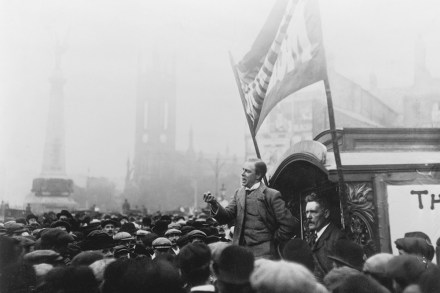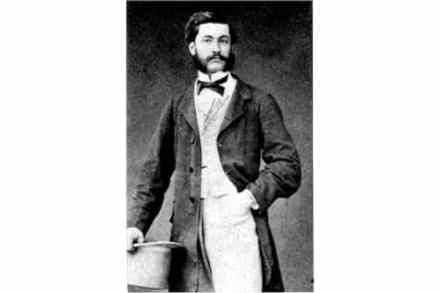Deep mysteries: Twist, by Colum McCann, reviewed
On the first page of Colum McCann’s compelling novel Twist we meet the two leads: John A. Conway, who has disappeared, and Anthony Fennell, who’s trying to tell his story. They first met when Fennell, an Irish journalist, struggling novelist and occasional playwright, was commissioned by an online magazine to write about the fragile fibre-optic cables that carry information around the world on the ocean floor. Conway, also Irish, an engineer and intrepid freediver, was in joint command of the Georges Lecointe, a ship that spends months at sea repairing the cables when they break. In January 2019 this happened in three places. Fennell hitched a lift with Conway when





